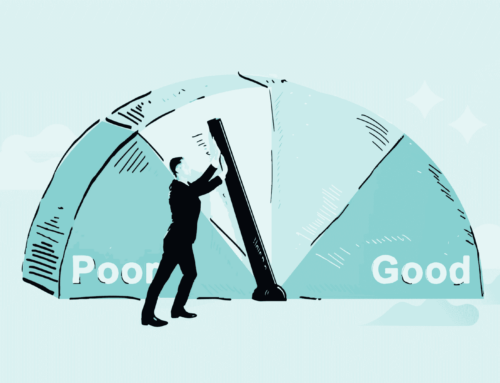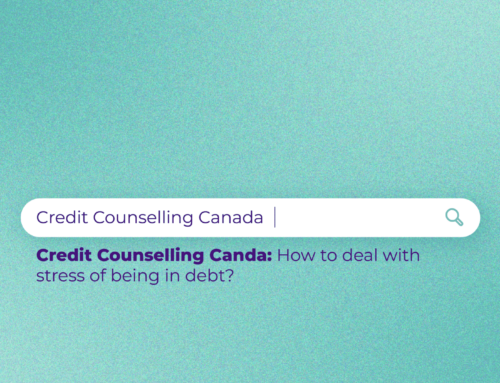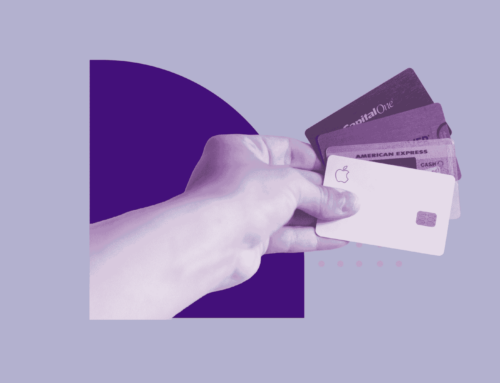Spending money isn’t self-care.
With all that’s going on right now in the world, we can all agree that self-care is essential and should be prioritized. Whether it’s relaxing with a good book, watching a movie or being on your own is your version of self-care, you do you. But we are often encouraged to “treat yourself” by purchasing a new outfit, having a spa day or going on vacation. When a problem arises in your life such as career difficulties or personal issues, we instantly attempt to push away our problems by purchasing new skincare or bath salts and other costly indulgences. We want a quick fix that will only provide short-term gratification and sometimes long-term financial stress.
Self-care is unique and can mean something different to everyone. For some people, it might mean a yoga class, playing a videogame, a mid-day nap, a run around the block. Yes, these things are indulgent but can be our very own way of practicing self-care. The most-used definition for self-care is the efforts to improve one’s mental and physical health. It means to avoid the stress that life can sometimes throw at us and do sometimes positive. But why is putting a dent in your bank balance considered a way to provide self-care? But spending money isn’t self-care.
Spending money can be extremely addictive – it can release endorphins when we’re feeling stressed and make us happy. Due to the world’s natural materialism, we feel generally happier making a purchase and receiving our goods – basically where the phrase “retail therapy” comes from. In a 2015 survey of 23,537 adults published in Frontiers in Psychology, it was found that those who met the criteria for shopping addiction were also more likely to have symptoms of depression or anxiety. One of the most common things we do to practice self-care can have damaging results.
Studies show that saving money can make you happy.
In comparison, a study conducted by Centre for Economics and Business Research (Cebr) states that saving money will make you happier. Among the people surveyed, it was shown that saving an extra 10% of your monthly cheque can increase the likelihood of reporting a high life satisfaction score. It’s ingrained in us to spend money to be happy, but we’ve been doing it wrong the whole time. So why aren’t we practicing self-care – but making it financial? If we put our self-care time towards our financial wellness, we can help combat that common money worry.
In a recent study conducted by Leger, 42% of Canadians would rank money as their greatest stress in life. Whether it’s living paycheck to paycheck, struggling to pay bills or being deep in debt. Money stress can be one of the biggest causes of needing a self-care day, and spending more money is not the solution Canadians need. Whereas we can’t change all our financial habits overnight, we can start to focus on one at a time. Let’s start with your credit score.
Your credit score is the key to your financial future. We recently discussed how important a good credit score is for loan approval and how you can continue to maintain your credit score in uncertain times. For some who are looking to improve or establish credit, let us talk you through some simple tips on how to get started with your credit score self-care.
Save, save, save and repeat.
We now know that saving makes us happier. It’s always a good feeling when we have money behind us, and it means we can strive to reach our financial goals. When times get tough, you may end up taking up a loan you can’t afford, end up having high-interest rates and even worse, you may not be able to pay it back. This will result in you’re a bad credit score over-time. If you save your money, you will find that you can easily avoid getting stuck in a situation like this.
Plan & budget
It’s always beneficial to look at your bank accounts and bills and plan how you spend your money around this. You should take note of payment dates and ensure you always have money in your account in order to avoid a non-sufficient fund (NSF). An NSF will have a negative effect on your credit score, causing you avoidable stress. In order to save effectively and without strain, you must plan how much you need to spend on groceries, leisure, bills and more. To learn how to budget, check out our blog here.
Invest in yourself (financially)
We’ve no problem spending our hard-earned money on new clothes, vacations and spa days in order to give self-care, but that doesn’t help our wallet or our credit score. The things in life that really make us happy us not having financial stress, not being in debt and knowing if we really need a loan or more line of credit, that we will be approved easy
A credit improvement program is a great way to boost your score. Score-Up will give you peace of mind when it comes to your credit score and the combination of Point Deduction Technology, Credit Monitoring, and Budgeting Software creates a perfect concoction of credit boosting power. Find out how to get started here.
About Marble Financial Inc. (CSE: MRBL; OTCQB: MRBLF) We are a group of forward-thinking financial technology experts that fully understand the benefits and drawbacks of credit in Canada. Marble helps Canadians improve their credit to gain access to prime lending. Through our industry-leading proprietary technology solutions Fast- Track, Score-Up, and Credit-Meds. Our proven strategy guides our customers back to a meaningful credit score, 50% quicker than traditional methods. Since 2016, Marble is proud to have empowered thousands of Canadians to a positive financial future. We continue to establish ourselves as leaders in financial wellness.






